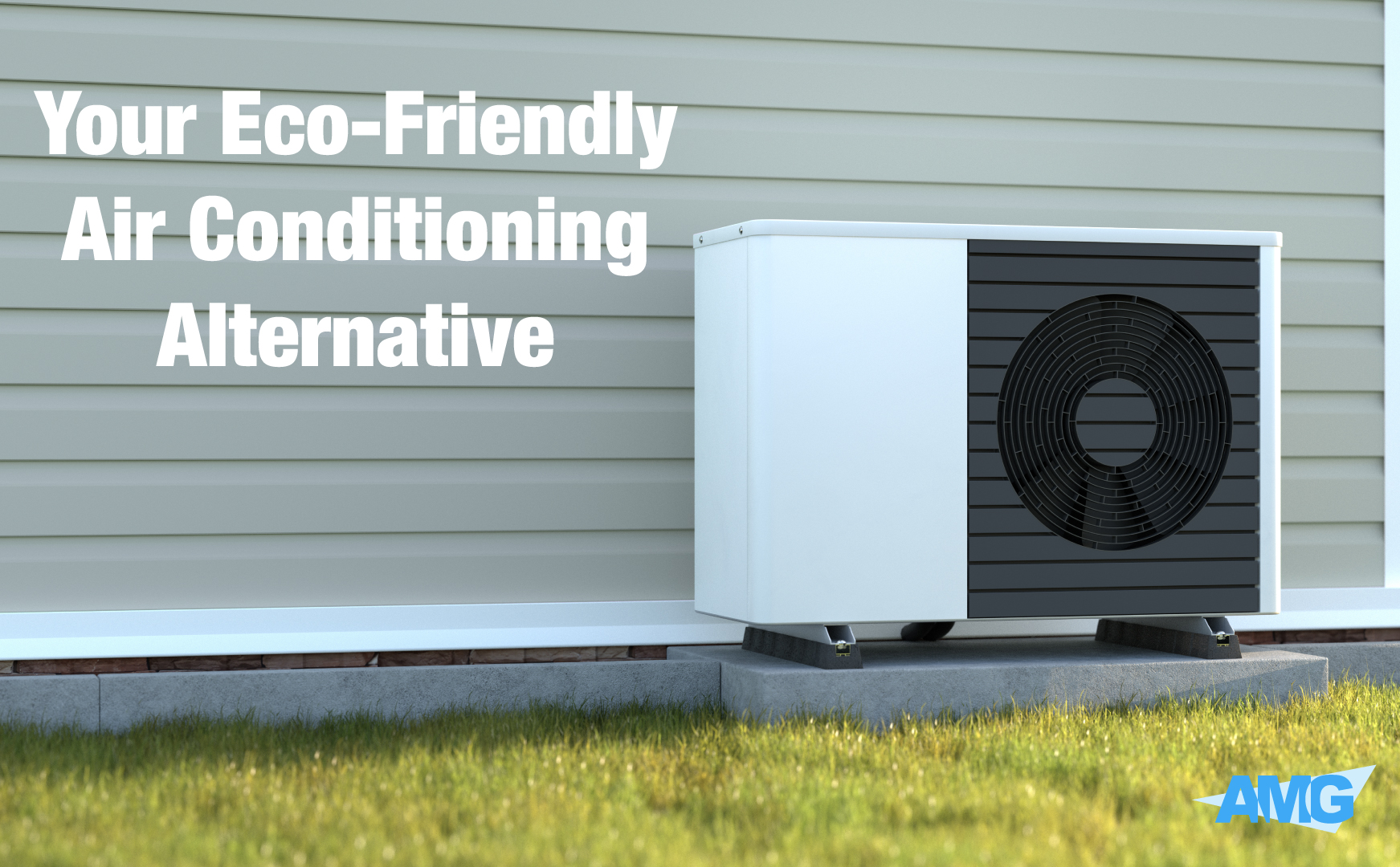You’re no professional, but you’re pretty handy with tools. If your HVAC system needs something, do you have to spend the money to call a technician? Or can you just do the job yourself? Well, it depends on what needs to be done. Some basic HVAC maintenance can be performed yourself. A lot of it, however, is complicated and dangerous, and should only be performed by an HVAC technician with the proper certification. Here’s a rundown of what can be DIY, and what should be left to the professionals.
DIY HVAC Maintenance
One of the most basic HVAC maintenance tasks is changing your air filter. As a general rule, this should be done every three to six months, to maintain good airflow and IAQ. However, how long your filter lasts depends on what kind you have, and your household’s lifestyle. If you have pets, the pet hair and dander will often clog the filter more quickly. Likewise, if someone in your house smokes. If you have a high-efficiency filter, they’ll often last one to two years. You can tell a filter needs to be replaced if it’s grey and opaque, rather than white and translucent.
Another task you can do yourself is cleaning the coils on your outside A/C unit. Use a brush, a hose, and some mild soap to clean out dirt and debris that accumulate over time. You should also trim any grass, shrubs, branches, etc. that grow near the system. In order to maintain proper airflow, there must be at least two feet of clearance on all sides of the unit.
Finally, installing or replacing insulation is generally a DIY task. Check your attic. If the insulation is below the joists, then you need more. There are a number of types to choose from, but the most common are loose fill and fiberglass batts.
Professional HVAC Maintenance
When it’s time for your annual tune up, that should be left to a professional. They’ll take a thorough look at your system, inside and out, and make sure it’s running efficiently. That means examining the motor, coils, and other components, and making sure moving parts are oiled, and screws are tightened. That may seem simple enough, but there’s more to it. They can also tell if a component is working properly, or if it needs to be fixed or replaced. By spotting and dealing with these issues early, they can help you avoid more serious (and more expensive) repairs down the line.
If there are any repairs to be made to your system, they should always be left to a professional HVAC contractor. They undergo a rigorous certification process to know exactly what’s wrong with your system and how to deal with it. If you try to work on the system without that training, you’re more likely to damage the system further than you are to fix it. Depending on the issue, you could even cause yourself serious injury.
There are certainly a few things you can do yourself to keep your HVAC system in good condition and operating efficiently. However, when in doubt, always call a professional. They’ll save you a lot of time, hassle, and money in the long run, and keep your system running smoothly for years to come.
If you’re looking for a qualified HVAC contractor to perform repairs and maintenance on your system, contact us! Our experienced and certified technicians can help you with whatever you need!



